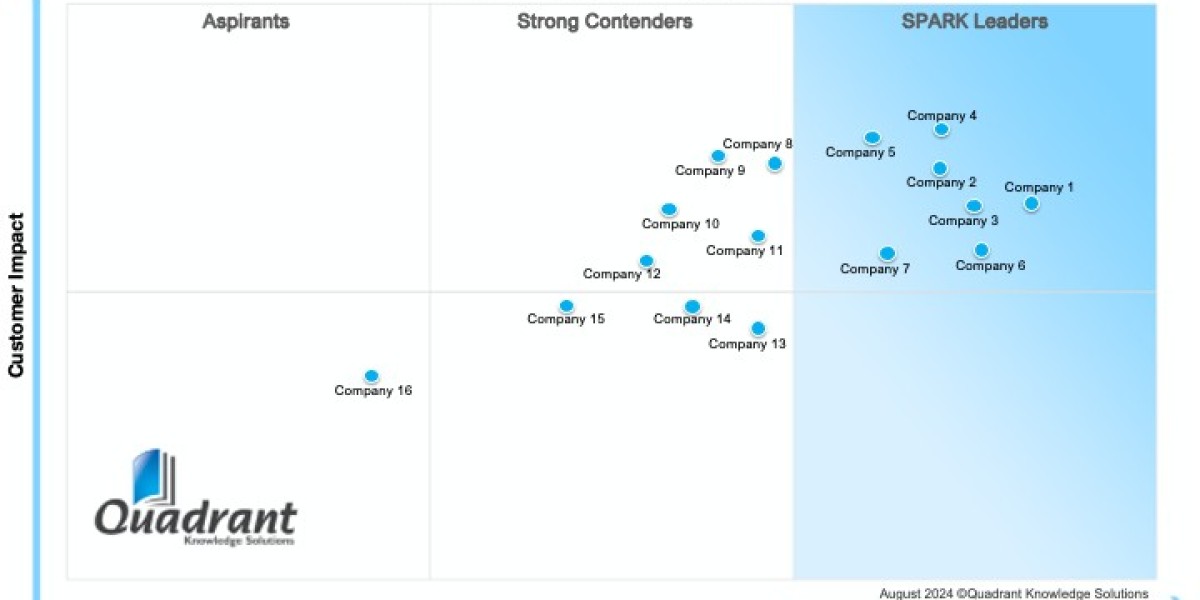Task Mining has rapidly emerged as a transformative capability for organizations looking to optimize and modernize their business processes. By analyzing and capturing granular, real-time data from everyday human-computer interactions, Task Mining offers unparalleled visibility into how work truly gets done across an enterprise. As organizations intensify their focus on automation, digital transformation, and employee productivity, insights from SPARK Matrix Task Mining research have become crucial for understanding evolving market dynamics and vendor capabilities.
At its core, Task Mining captures user interactions—such as clicks, keystrokes, navigation flows, and system responses—across applications and digital workspaces. This data is then converted into comprehensive user logs, providing a real-world representation of how employees engage with different applications and carry out tasks. With the help of advanced technologies like Natural Language Processing (NLP), Optical Character Recognition (OCR), and Machine Learning (ML), Task Mining systems interpret patterns, detect inefficiencies, and uncover hidden opportunities for process improvement. As a result, organizations gain a holistic view of work activities and system usage, empowering them to streamline workflows, reduce friction, and enhance overall operational performance.
This level of visibility is particularly valuable as enterprises continue to adopt automation technologies such as Robotic Process Automation (RPA). Task Mining acts as a foundational layer for RPA deployment by identifying repetitive tasks, documenting workflow steps, and generating process description documents. These insights ensure that RPA implementations are accurate, scalable, and aligned with real business needs. Beyond automation, Task Mining supports broader goals in digital workplace strategy, employee engagement, workforce optimization, and governance and compliance by ensuring processes are consistent, transparent, and aligned with organizational standards.
To help organizations navigate the fast-evolving market, QKS Group offers detailed market research and competitive insights through its SPARK Matrix Task Mining analysis. This research provides comprehensive coverage of emerging technological advancements, key market trends, and future outlooks within the global Task Mining landscape. By evaluating the capabilities, innovations, strengths, and differentiators of various technology vendors, the SPARK Matrix empowers both solution providers and enterprise users to make well-informed strategic decisions.
The SPARK Matrix research includes an in-depth vendor evaluation and competitive assessment of leading Task Mining and Process Mining providers. Vendors such as ABBYY, Automation Anywhere, Celonis, EdgeVerve, Epiance, IBM, Microsoft, Mimica, NICE, Nintex, Optimus Hive, Pegasystems, ServiceNow (UltimateSuite), Skan.ai, StereoLOGIC, and UiPath are positioned and ranked based on their technological capabilities, product strategy, performance, customer value, and market impact. This structured evaluation helps organizations compare vendors efficiently and select solutions that best align with their process optimization goals.
One of the defining strengths of Task Mining lies in its ability to bridge the gap between high-level process insights and day-to-day operational realities. While traditional Process Mining focuses on system logs and structured data, Task Mining brings the human element into the equation by analyzing desktop-level activities. Together, these capabilities deliver a complete and accurate picture of business processes—highlighting inefficiencies, bottlenecks, and variations that might otherwise remain hidden. This integrated perspective is essential for enterprises striving to build resilient, efficient, and digitized operations.
As digital workplaces grow more complex, organizations increasingly rely on Task Mining for continuous process discovery and improvement. The integration of AI and GenAI is expected to accelerate this trend by enabling predictive analytics, automated insights, intelligent process recommendations, and deeper workflow understanding. These advancements will not only enhance the accuracy of Task Mining outputs but also support more proactive decision-making. Organizations that embrace these innovations will gain a strategic advantage in terms of agility, compliance, and operational efficiency.
The future of Task Mining is closely linked to the evolution of intelligent automation and AI-driven enterprise workflows. As vendors incorporate advanced cognitive capabilities into Task Mining platforms, enterprises will benefit from richer insights, faster adoption cycles, and more scalable digital transformation initiatives. With clearer visibility into user behavior and workflow patterns, organizations can redesign processes, empower employees, and drive higher levels of productivity.
In conclusion, Task Mining stands as a critical technology for enterprises seeking to optimize business performance and elevate their automation strategies. The SPARK Matrix Task Mining analysis from QKS Group equips stakeholders with the strategic knowledge needed to navigate this dynamic market and select the right solutions. As AI-driven innovations continue to reshape how work is executed across digital environments, Task Mining will play an increasingly vital role in enabling efficient operations, ensuring compliance, and maintaining a competitive edge in a rapidly evolving business landscape.
#TaskMining #ProcessIntelligence #AutomationStrategy #DigitalWorkplace #SPARKMatrix



